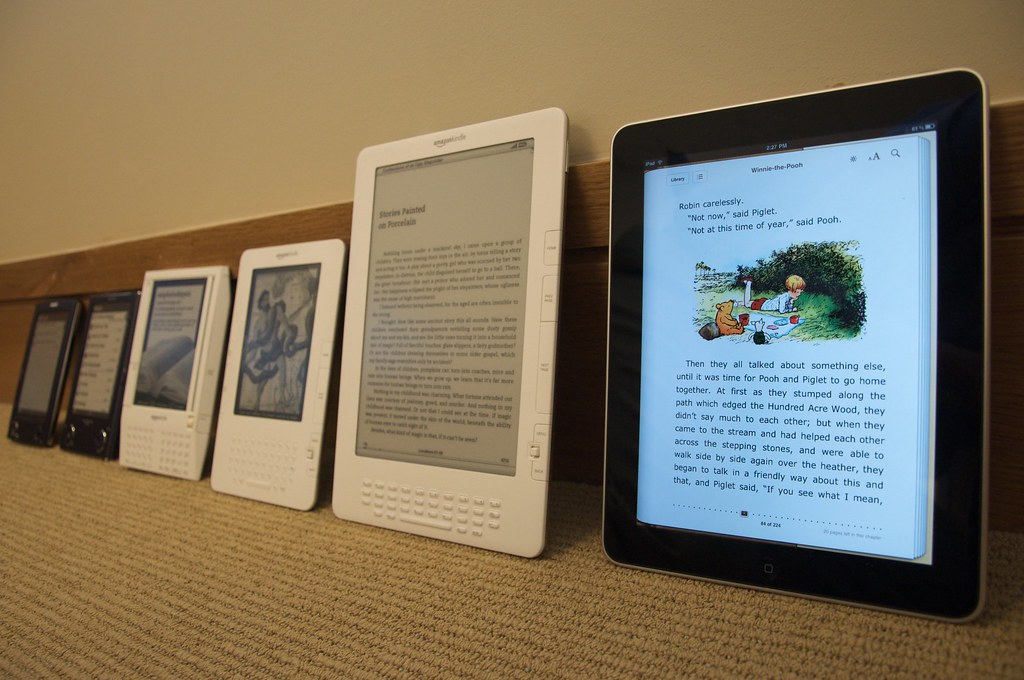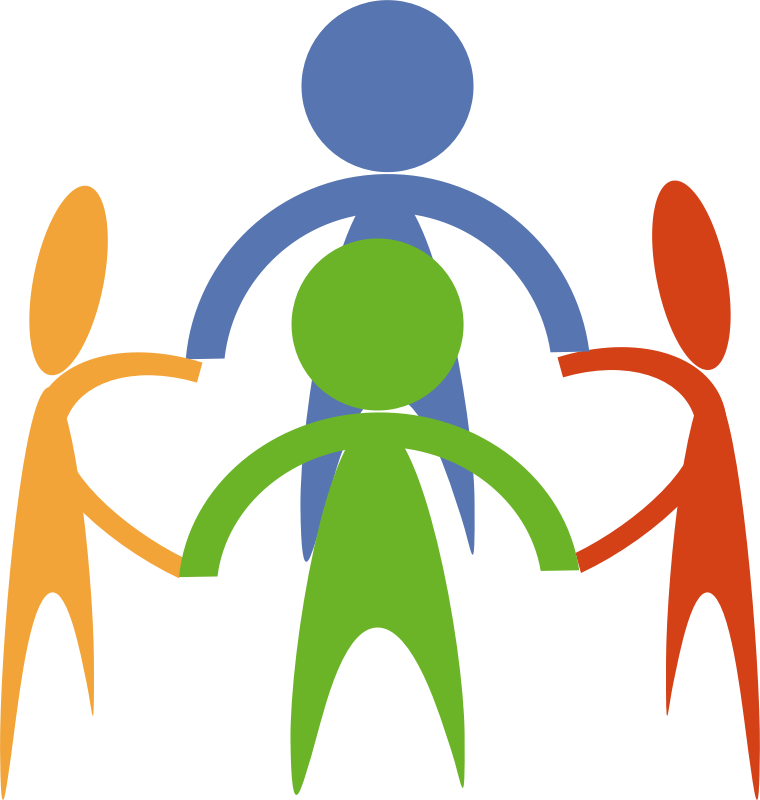Instead of the traditional news update this Sunday, I've decided to rant. A lot has been happening in the world of ebooks lately, and it's raising a lot of questions. Is erotica the genre of choice for all indies...and will these books eventually overrun all the rest?
That's Sexy
Amanda Hocking is yesterday's news, and the big name in indie books lately is E. L. James. The little erotica book that could has become a pop culture question until probably the end of time, and erotica has become the driving force behind the ebook craze.






















